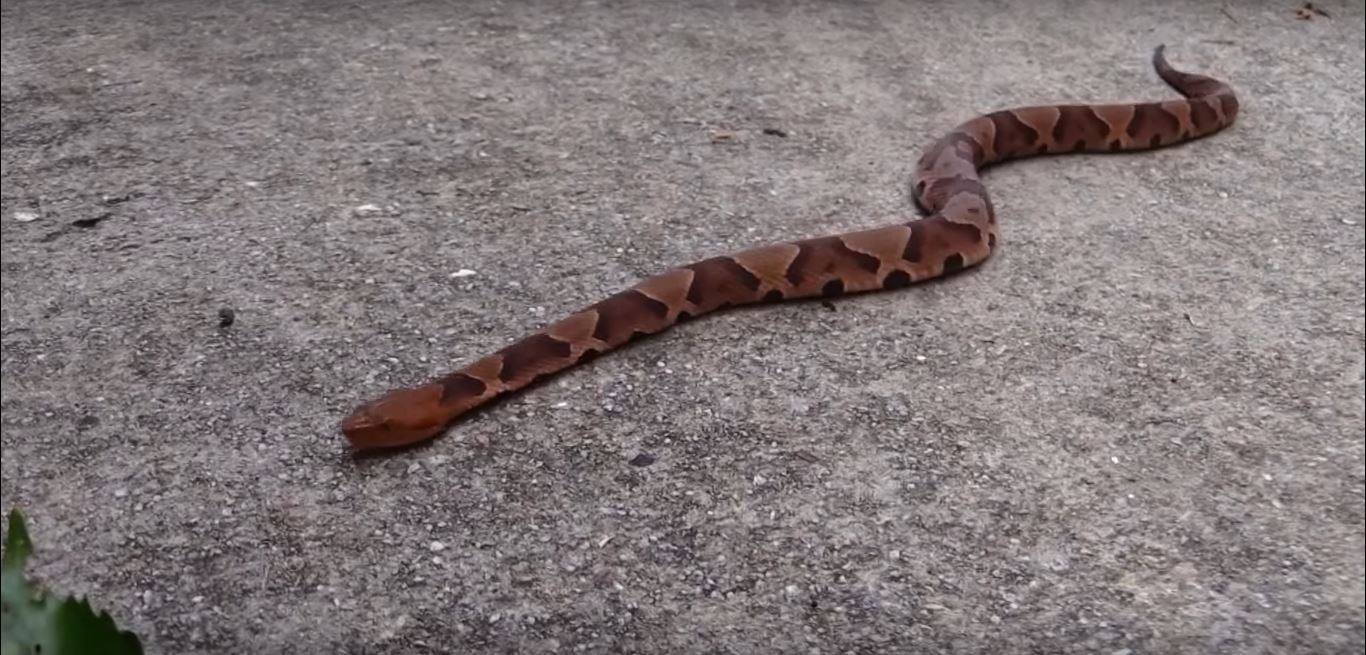A Snake's Natural Diet
Snakes have a highly varied range of diets. They eat other Winston Salem snakes, birds, snails, lizards, small or
large mammals, frogs, eggs and insects. Each species of snake has evolved to eat its specific choice
of prey. Since all snakes are carnivorous they will hunt their prey. They can move very quietly and
unobtrusively, which means that they can get up close to their prey before the other North Carolina animal becomes
aware of it. They have developed camouflage techniques and often have scale patterns that make them
look like their surroundings. For example the Boomslang is green like the leaves of the trees it lives
in.

So North Carolina snakes have adapted to hunting really well. They can strike very quickly to catch their prey off guard,
and then either immobilize their prey to swallow it, or inject venom to kill their prey. Snakes will either
kill their prey first or will swallow it alive. Snakes have to swallow their prey whole. To do this they
have very flexible jaws and hinges in their heads, that allow them to swallow prey that is larger than their
heads. For example, the African-egg-eating Winston Salem snake eats eggs that are much bigger than the diameter of its head.
Some snakes have no teeth but bony protrusions on the ridge of their spines to break open eggs. Others have more
teeth on the right side of their mouths, to break through their prey’s shells that usually spiral clockwise.
Since snakes swallow their prey whole, their digestive systems have to work overtime to digest everything. Their
enzymes are so efficient that the only things they can’t digest are the claws, fur or feathers of the creature
they have eaten. These will be excreted along with other waste. In captivity snakes need to be fed by people.
That means that if you have a Winston Salem snake you will also have to keep a fresh supply of their prey. Snakes need their
prey to be alive when they eat. Most pet shops keep ready supplies of mice, rats, insects and other goodies that
snakes like to eat. Luckily they usually don’t eat very often because digestion takes a lot of energy. A snake’s
ideal temperature for digestion is 86F. If startled a snake will often regurgitate its latest meal so that it can
make a quick getaway. Digestion makes North Carolina snakes very sluggish and they will usually find a safe warm spot to sleep in
while their enzymes do their work.
Visit our Winston Salem wildlife control home page to learn more about us.

